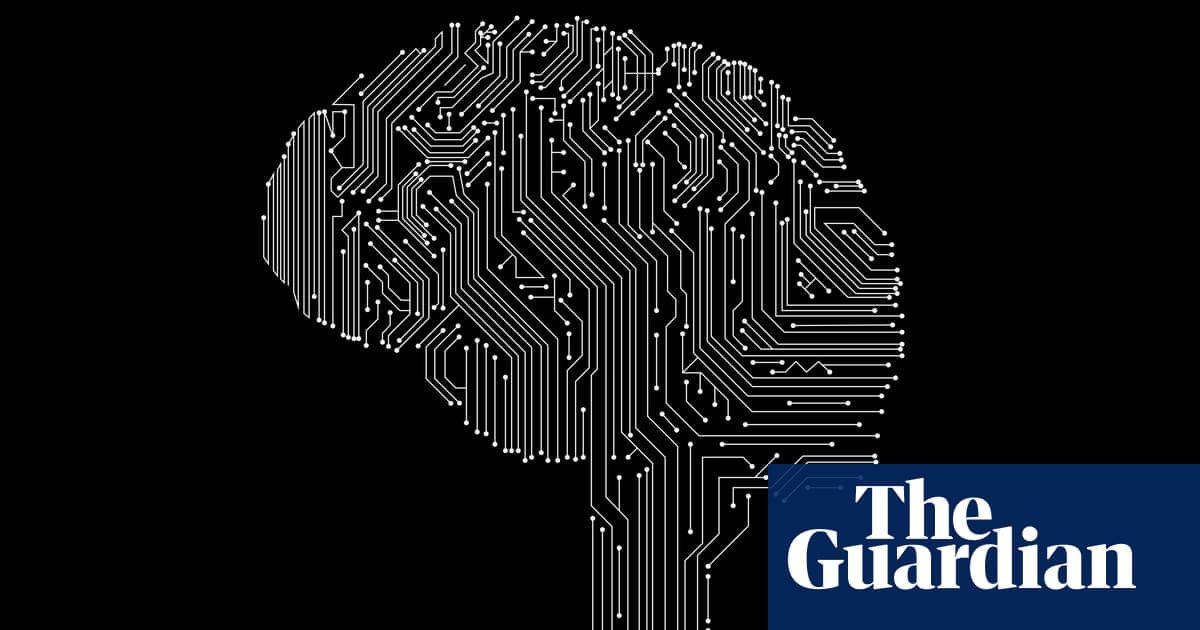
10+ Best Articles on Neuroscience
The most useful articles on neuroscience from around the web, curated by thought leaders and our community.
Refind focuses on timeless pieces and updates the list whenever new, must-read articles or videos are discovered.
Top 5 Neuroscience Articles
At a glance: these are the articles that have been most read, shared, and saved on neuroscience by Refind users in 2024 so far.
Videos
Watch a video to get a quick overview.
Andrey Vyshedskiy: The neuroscience of imagination
Imagine, for a second, a duck teaching a French class. A ping-pong match in orbit around a black hole. A dolphin balancing a pineapple. You probably haven't actually seen any of these things. But you…
Short Articles
Short on time? Check out these useful short articles on neuroscience—all under 10 minutes.
The big idea: why colour is in the eye of the beholder
We might think the sky is blue and trees are green, but the truth is rather stranger
«Many people today think of blue as masculine and pink as feminine, but only a hundred years ago baby boys were dressed in pink and girls in blue.»
Advances in Mind-Decoding Technologies Raise Hopes (and Worries)
Devices that connect brains to computers are becoming increasingly sophisticated. Can the fledgling neurorights movement catch up?
Habits change your life. Here’s how to change your habits.
Here's what research says are the most effective ways to get rid of bad habits and replace them with healthy ones.
«Habits form when you receive a reward for a behavior. And like Pavlov’s dogs, you might not even realize that you’re learning something new.»
Color is in the eye, and brain, of the beholder
The way we see and describe hues varies widely for many reasons: from our individual eye structure, to how our brain processes images, to what language we speak, or even if we live near a body of…
«There’s three cone types. We know more about the variation in two of those: the ones that detect long and medium wavelengths, known as L and M cone types. Each of those has a photosensitive opsin, which is the molecule that changes shape when light is received, and which determines the cell’s sensitivity to wavelength»
Will we ever define the conscious mind?
Consciousness is something so mysterious that we still find it notoriously difficult to understand or even define.
Long Articles
These are some of the most-read long-form articles on neuroscience.
New Neuroscience Reveals 7 Secrets That Will Make You Emotionally Intelligent
Being emotionally intelligent matters most during conflict. And if we master that, it can lead to very good results. Here's how to improve...
Why your brain is not a computer
The long read: For decades it has been the dominant metaphor in neuroscience. But could this idea have been leading us astray all along?
«In a computer, software and hardware are separate; however, our brains and our minds consist of what can best be described as wetware, in which what is happening and where it is happening are completely intertwined.»
Neuroscience Has a Lot To Learn from Buddhism
A scientist and a monk compare notes on meditation, therapy, and their effects on the brain
The Neuroscience of Pain
Brain imaging is illuminating the neural patterns behind pain’s infinite variety.
Has humanity reached ‘peak intelligence’?
Are our IQs set to increase forever, or are we on the cusp of decline? David Robson explores the past, present and future of intelligence.
What is Refind?
Every day Refind picks the most relevant links from around the web for you. Picking only a handful of links means focusing on what’s relevant and useful.
How does Refind curate?
It’s a mix of human and algorithmic curation, following a number of steps:
- We monitor 10k+ sources and 1k+ thought leaders on hundreds of topics—publications, blogs, news sites, newsletters, Substack, Medium, Twitter, etc.
- In addition, our users save links from around the web using our Save buttons and our extensions.
- Our algorithm processes 100k+ new links every day and uses external signals to find the most relevant ones, focusing on timeless pieces.
- Our community of active users gets the most relevant links every day, tailored to their interests. They provide feedback via implicit and explicit signals: open, read, listen, share, mark as read, read later, «More/less like this», etc.
- Our algorithm uses these internal signals to refine the selection.
- In addition, we have expert curators who manually curate niche topics.
The result: lists of the best and most useful articles on hundreds of topics.
How does Refind detect «timeless» pieces?
We focus on pieces with long shelf-lives—not news. We determine «timelessness» via a number of metrics, for example, the consumption pattern of links over time.
How many sources does Refind monitor?
We monitor 10k+ content sources on hundreds of topics—publications, blogs, news sites, newsletters, Substack, Medium, Twitter, etc.
Can I submit a link?
Indirectly, by using Refind and saving links from outside (e.g., via our extensions).
How can I report a problem?
When you’re logged-in, you can flag any link via the «More» (...) menu. You can also report problems via email to hello@refind.com
Who uses Refind?
450k+ smart people start their day with Refind. To learn something new. To get inspired. To move forward. Our apps have a 4.9/5 rating.
Is Refind free?
Yes, it’s free!
How can I sign up?
Head over to our homepage and sign up by email or with your Twitter or Google account.
Keep Learning
Get the big picture on your favorite topics.










